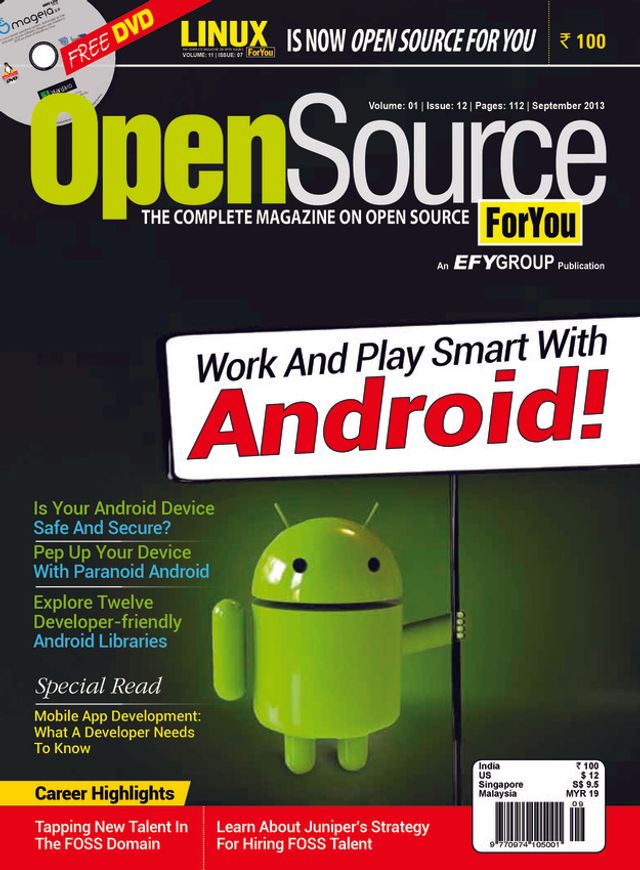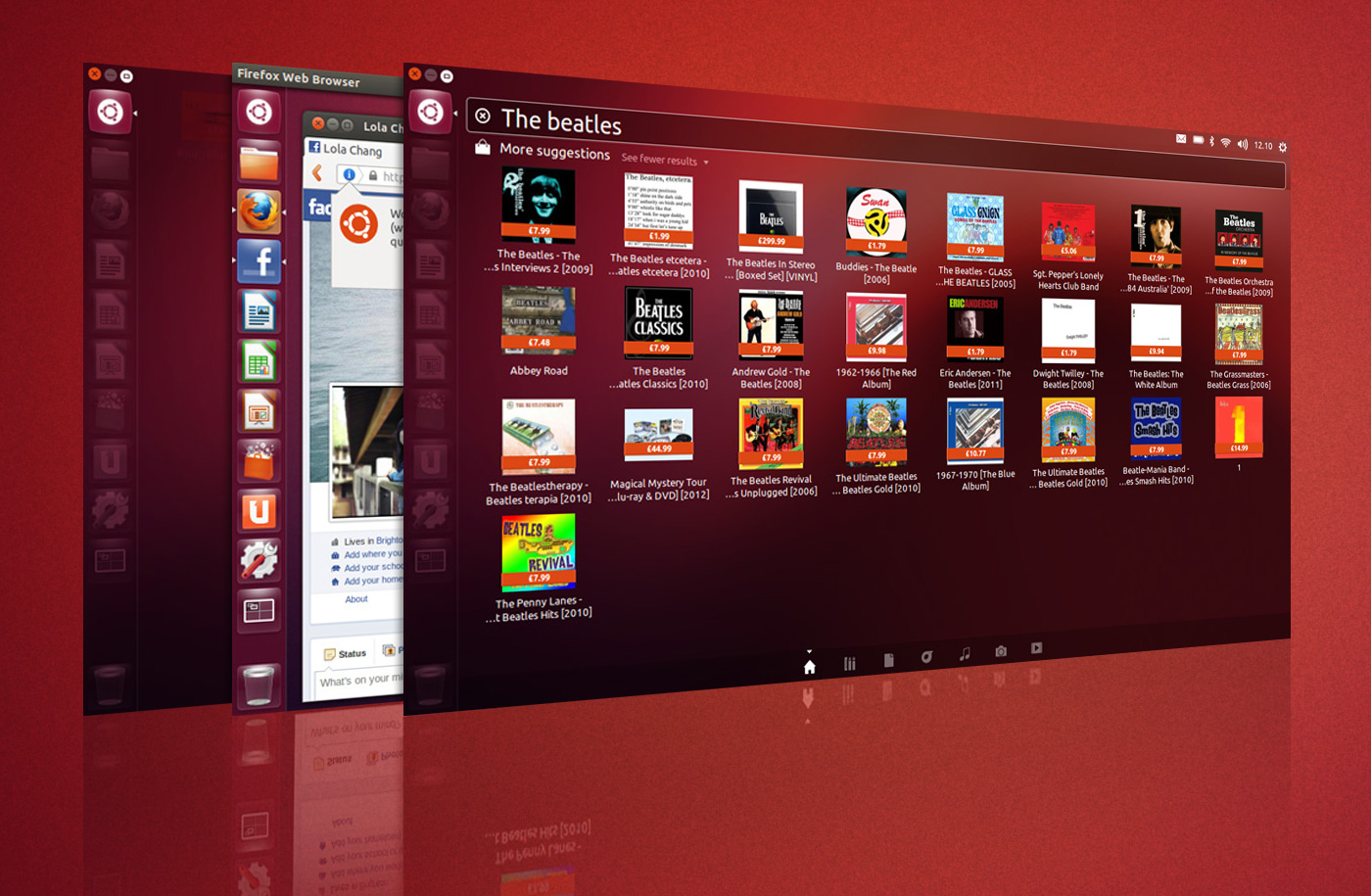Does the smartphone war have room for more contenders? Like it or not, new mobile OSs keep emerging. Ubuntu, Firefox OS and Tizen are all receiving quite a bit of attention. So where do they stand, as of now?
Android has been a game changer and is currently the most popular mobile operating system. It is very popular because it’s free, open source and backed by Google. While many alternative operating systems like Symbianand Aliyun have existed for a long time, many of these alternatives are popular only in the developing world and really don’t generate much excitement or hype, even though Symbian was pretty big in its hey days. Let us discuss some of the new arrivals
Ubuntu
Ubuntu is well known to FOSS enthusiasts and has won hearts because it has been the best Linux desktop distro since 2008. In the mobile market, Ubuntu OS has been singled out for having tons of potential with its very scalable OS that works with phones, tablets, computers and TVs. Recently, Canonical launched the Ubuntu Edge by which a mobile phone can play three major roles in your digital life. Here’s how:
- Smartphone: Call, send SMSs, video chat and do many more things.
- Desktop computers: Connect the phone to an LED monitor by an HDMI cable and the keyboard, mouse and other devices will work wirelessly.
- Your computer is ready, and you can use the same computer in the office as well as at home.
- Smart TV: Connect your Ubuntu Edge to your TV with an HDMI cable and your smart TV is ready.
Who supports Ubuntu?
Verizon, which is a big carrier, joined Ubuntu for support. There are likely to be many vendors and possibly even a few carriers in the background that are working with Canonical to get Ubuntu out onto the market, but right now, there aren’t any names being mentioned.
What’s the target audience?
Everyone who loves customisation, tweaking, power and scalability. In short, Ubuntu is the dream OS for the power user
Firefox OS
The idea of an OS that is all about open Web standards isn’t exactly new, and Firefox’s implementation is somewhat like a cross between Web OS and Chrome OS. It has apps,and all of these apps can be locally stored and used offline, but they can also be used directly from the Net if you don’t want to install them directly for whatever reason. The apps will be written in HTML5. The same apps will run on your favorite browser Mozilla Firefox. It is a very light weight OS and will run on basic hardware like a single core processor and 256 MB RAM.
Who supports Firefox?
ZTE, Sony and Huawei carriers, including Deutsche Telekom, Telefonica and possibly others who have yet to come forward officially.
What’s the target audience?
At launch, Firefox showed a very basic handset. Mozilla is also trying to push its OS to lower-end and, eventually, even mid-range markets in North America, Europe and elsewhere. But they could move to the upper end of the market also.
Tizen
Tizen is the official mobile operating system from The Linux Foundation and the launch phone runs on Samsung hardware.
Who supports Tizen?
Being developed by Samsung and Intel, Tizen has many backers like SK Telecom, Sprint, Vodafone, Fujitsu, KT, NEC and Panasonic. Samsung has even added a little extra support in the form of blending parts of its older Bada OS into Tizen.
What’s the target audience?
Instead of completely relying on Android, Samsung now has Tizen and Windows 8 Phone as alternatives. The target audience for Tizen isn’t quite as clear as that for Ubuntu. Samsung and partners will likely produce handsets in the low, middle and high-end ranges. The best answer is that the target audience will comprise those who aren’t quite satisfied with Android, iOS or any of the other options in the market right now.
This article is written by Swapnil Vivek Kulkarni and published in technical magazine Open Source For you September 2013 issue. Also available at OpenSourceForYou.com and PDF version


 Use Android phone as modem in Ubuntu / Linux Mint
Use Android phone as modem in Ubuntu / Linux Mint